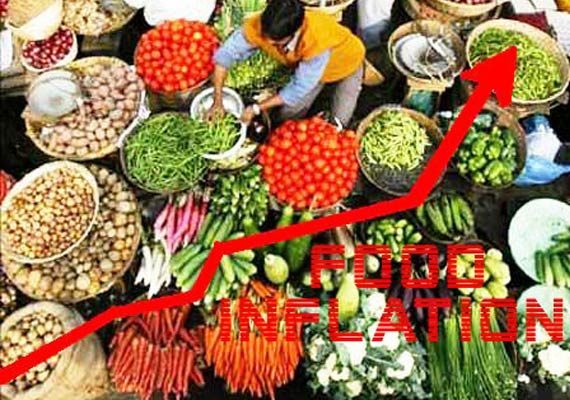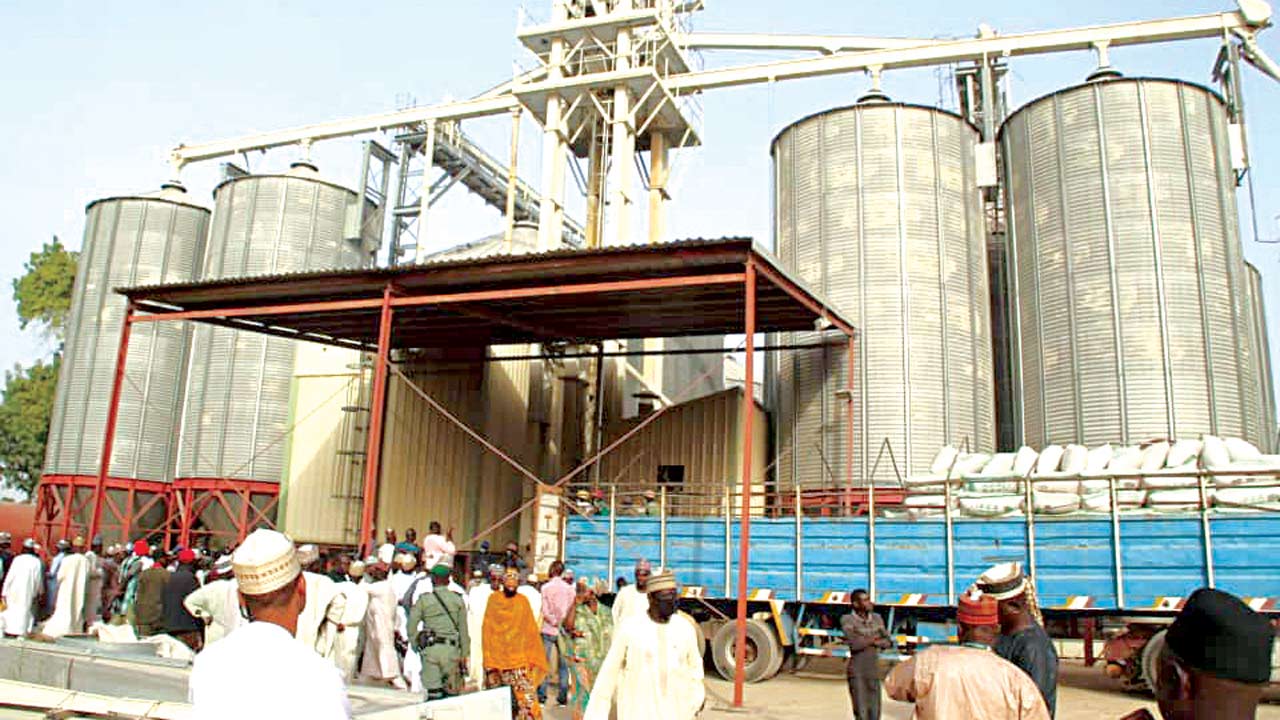The current inflation in Nigeria is biting hard. The reality now is that majority of people in employment can no longer survive on their income, while scores of the unemployed are losing hope of surviving. Nigerians have seen over 70 percent surge in food expenses, while transport expenses have gone up by more than 40 percent due to the country’s rising inflation. Though the federal government announced on Monday that it was giving priority to the rehabilitation of otherwise dilapidated road network across the country, traders and transporters show little excitement at the assurance, concerned that past administrations had given similar pledges without action.
Report of the effects of hyperinflation is contained in the 2024 Piggyvest Savings Report, which surveyed over 10,000 Nigerians across diverse age groups, gender and income levels.
According to the report, 87 percent of Nigerians observed that the national inflation rate went from 25.08 percent in 2023 to 32.15 percent in 2024. The firm said, “Nigerians have become more acclimatised to rising expenses due to incessant inflation.
“These pressures are particularly challenging for those in lower income brackets, who must contend with reduced purchasing power and the added weight of high living costs.”
The report revealed that nearly nine in 10 Nigerians noticed an increase in their general expenses in the past year. A breakdown showed that their expenses on food and groceries rose by 76 per cent while expenses on transport rose by 42 per cent.
According to the report, expenses on utility rose by 35 per cent while clothing and upkeep rose by 30 per cent.
Expenses on childcare rose by 27 per cent while housing and rent followed by 21 per cent.
A student based in Abakiliki, Ebonyi state, simply identified as Melody, lamented, “My expenses have gone up—transportation, feeding, even the cost of textbooks in school—so it’s affecting me, and sometimes I’m really running out of cash.”
The report revealed that the income of most Nigerians has been eroded.
It said more than 6 in 10 Nigerians don’t have emergency funds, which allows them to take care of emergencies without incurring debt. According to the findings, 44 per cent of Nigerians no longer have emergency savings.
Over four in 10 Nigerians in debt are indebted to their family and friends. Specifically, of every 100 Nigerians in debt, 45 are indebted to a friend or family member. While acknowledging the cultural safety net in Nigeria, the report said even that has not totally saved people from the challenges of indebtedness and the attendant psychological stress.
According to Fadekemi Abiru, head of Insights, Stears Incorporated, “Borrowing from friends and family is a sign of the resourcefulness of Nigerians and the strong community bonds and high trust within these communities. Still, it does not have the same impact as institutionalised credit facilities.
“This form of borrowing also makes it difficult to transmit monetary policy successfully.”
The challenges are further compounded by the realisation that it is rather difficult for anyone to save for the raining days, since the income cannot match up with the expenses. Mr. James Uche, a civil servant in Plateau State, said increase in the school fees, food items, utility bills and cost of fuel has made it difficult for him to continue to observe the savings culture.
That affirmation was confirmed by Odunayo Eweniyi, the Chief operating officer of Piggyvest who said, “It’s undeniable that savings has become more difficult for many Nigerians in the current economic climate. Rising living costs, shrinking disposable incomes, and financial uncertainty make it challenging to set money aside.”
She, however, encouraged people like Uche to hold on to the savings habit, which she said, “provides a crucial cushion against financial emergencies”.












